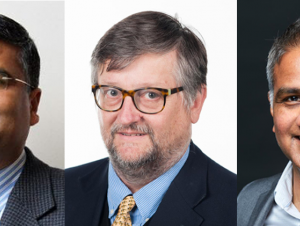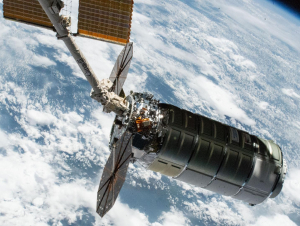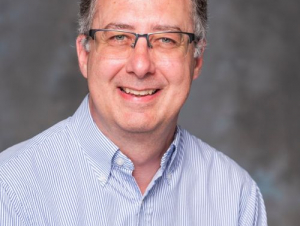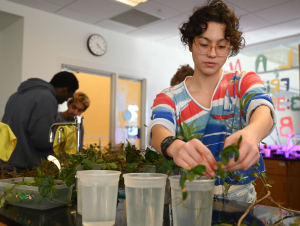To request a media interview, please reach out to experts using the faculty directories for each of our six schools, or contact Jess Hunt-Ralston, College of Sciences communications director. A list of faculty experts is also available to journalists upon request.
News Center
Experts In The News
Can Alzheimer’s disease be slowed by flickering lights and sound?
That is the question that drives Annabelle Singer, a McCamish Foundation Early Career Professor in the Wallace H. Wallace H. Coulter Department of Biomedical Engineering at Georgia Tech and Emory University. In her lab on Tech’s campus in Atlanta, Singer is trying to better understand patterns of neural activity in the brain and what goes wrong with Alzheimer’s patients. Building on that knowledge, she hopes to develop new ways to treat the disease.
“We are taking a really different approach to Alzheimer’s,” she said. “We’ve determined how neural activity that is essential for memory fails in Alzheimer’s disease. We’re then using that information to develop brain stimulation that could improve brain health.”
CNN February 16, 2026Until now, no one had built a synthetic material that could simultaneously absorb chemical building blocks, polymerize them into its own network, relieve the mechanical stresses that accumulate during the process, and reverse the whole sequence on demand. A new study published in Advanced Materials ("Rewriting Polymer Fate via Chemomechanical Coupling") reports a polymer platform that accomplishes exactly that. A team at the Georgia Institute of Technology including Associate Professor Will Gutekunst of the School of Chemistry and Biochemistry, with collaborators at North Carolina State University, created what they call a "living" polymer: a material that can grow, shrink, heal, change its stiffness by roughly 100-fold, and be recycled back to raw monomers, all post-fabrication.
Nanowerk News February 12, 2026







